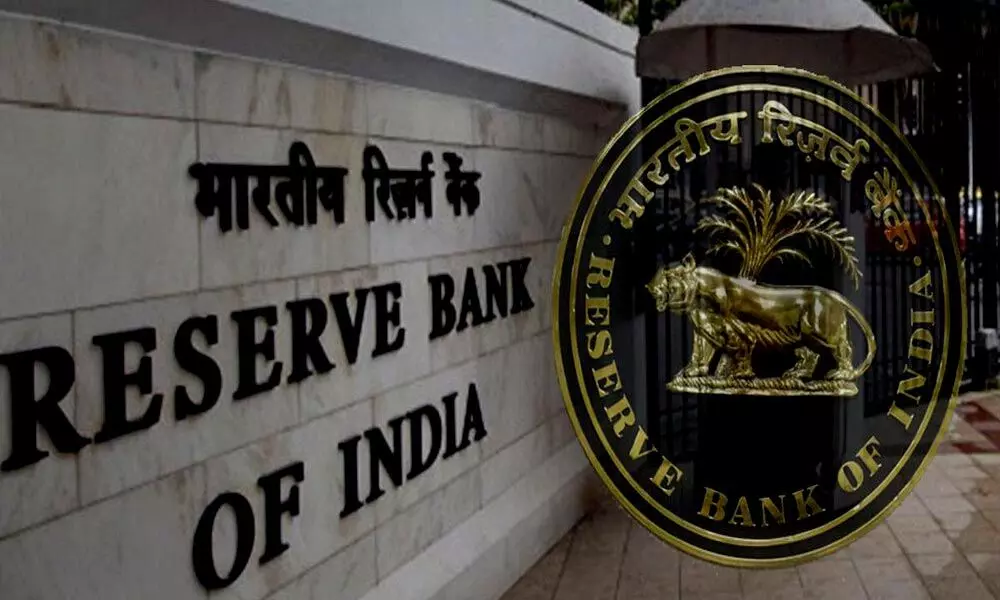Free Courses Sale ends Soon, Get It Now


Free Courses Sale ends Soon, Get It Now



Copyright infringement not intended
Picture Courtesy: www.bizzbuzz.news
Context: The guidelines released by the Reserve Bank of India (RBI) focus on strengthening the information technology (IT) governance framework for regulated entities (REs) such as banks, non-bank financial companies, credit information companies, and other financial entities.
Details
Key points outlined in the guidelines:
Board-level IT Strategy Committee (ITSC)
IT Steering Committee
Head of IT Function
IT Service Management Framework
Audit and System Logging
Business Continuity and Disaster Recovery
IT Architecture Compliance
Conclusion
|
PRACTICE QUESTION Q. What is the role of the Reserve Bank of India (RBI) in the country's financial and monetary system, and how does it influence economic stability? |
© 2024 iasgyan. All right reserved